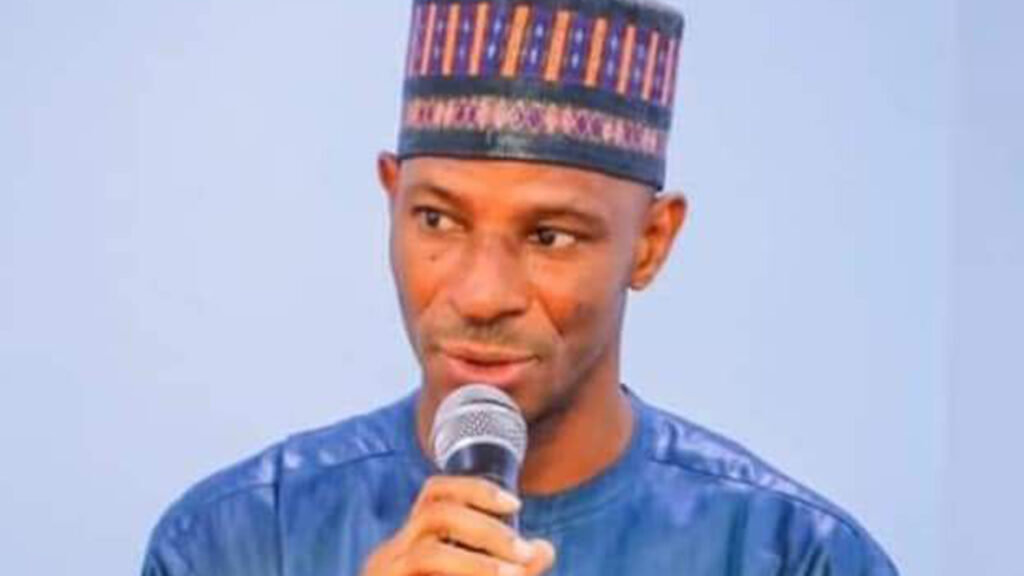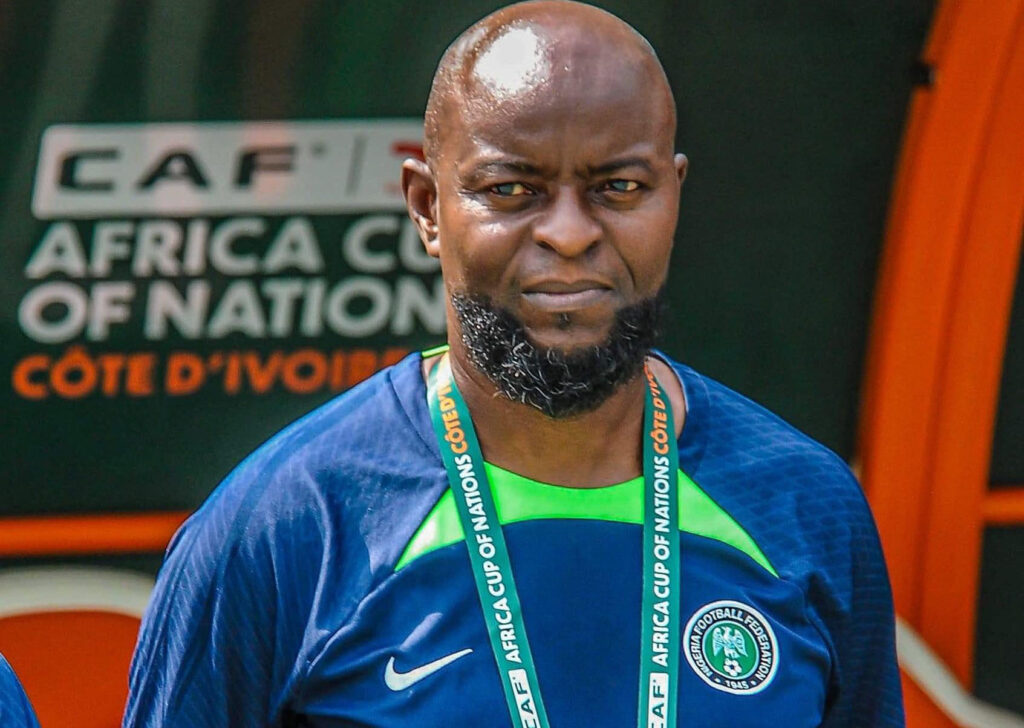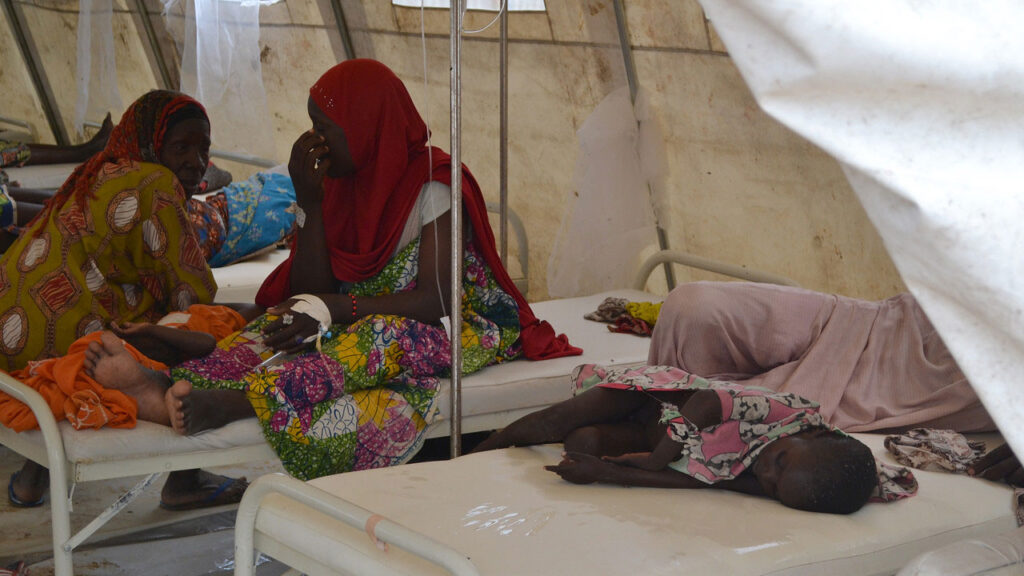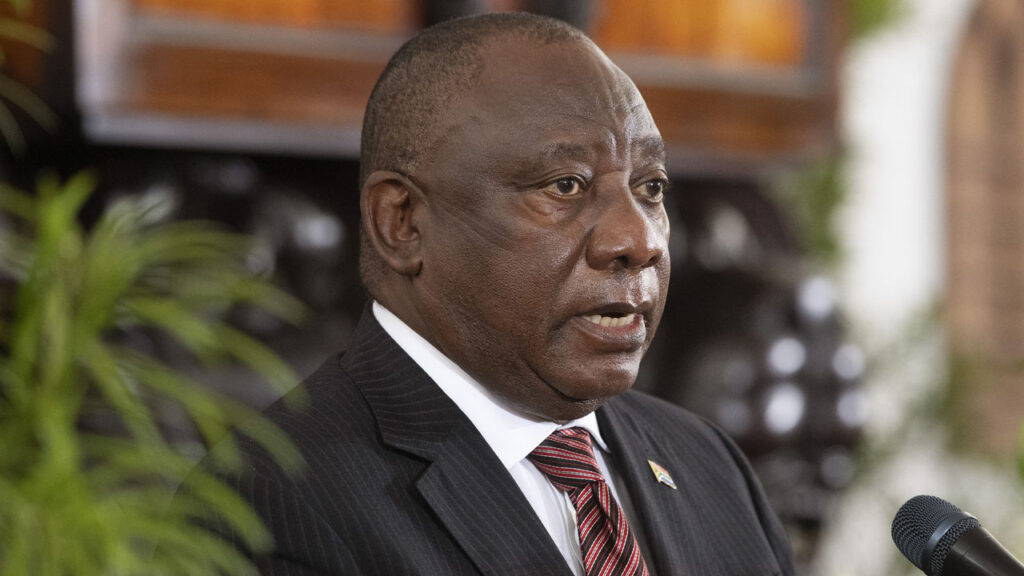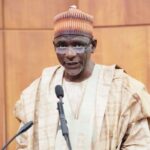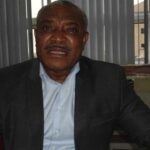
Evidence abounds globally that the rule of law is a critical factor in empowering individuals, improving human flourishing, preserving peace, respecting individual human rights, and achieving greater economic prosperity. In fact, one of the four pillars of economic freedom and prosperity in any country is a strong rule of law. The rule of law is the bulwark of democracy. The function of the judiciary as a dispenser of justice, sustainer of good governance, and a bulwark of justice in the causes of the citizenry is endangered by the growing incidence of disobedience of court orders.
Unfortunately, as President Muhammadu Buhari’s storm-tossed government comes to an end, evidence abounds attesting to the scuttling of the rule of law in the government. This primarily stems from Buhari’s poor perception of the judiciary and the rule of law. Judging from his utterances on the judiciary, it is obvious Mr. President doesn’t know the difference between an accused person standing trial in a criminal case and a criminal convict slammed with a prison sentence. For example, at the 55th Annual Conference of the Nigerian Bar Association in August in Abuja, the President told lawyers to stop covering up what he termed the “misdeeds” of their clients. This utterance portrays the President as someone who doesn’t believe in the constitutional principle that everyone is presumed innocent until proven guilty by a court of law of competent jurisdiction.
The President’s responses to fielded questions on the anti-corruption crusade in Nigeria also portray him as someone who believes that anybody suspected of stealing government money should be sent to jail and any lawyer trying to defend the suspect in court or, indeed, applies to court for his bail is conniving with the suspect to defeat justice. For example, speaking during his first presidential media chat at the presidential Villa, Buhari said that former National Security Adviser, Sambo Dasuki, and the coordinator of the Indigenous Peoples of Biafra, Nnamdi Kanu, should not be admitted to bail because of the enormity of the offences they committed. According to the President: “If you see the atrocities these people committed against this country, we can’t allow them to jump bail.” In other words, Buhari had prejudged the aforementioned two suspects and came to the conclusion that they committed “atrocities” against their fatherland and should be denied bail even though the duo is yet to be tried and found guilty by a court of competent jurisdiction.
It is not unlikely that Buhari’s wrong perception of the rule of law has led to the scuttling of the rule of law and the collapse of the state machinery for the protection of lives and property in the last eight years. Anarchy has been unleashed upon Nigeria during this period. The Hobbesian bellum omnium contra omnes (war of all against all) characterises the situation with barbaric abductions, assassinations, arsons, bloodshed, communal bloody feuds, kidnappings, banditry, gun running, and so forth prevailing in different parts of Nigeria. Amidst this reign of mayhem, ordinary citizens, disguising themselves as “unknown gunmen,” are now laying siege to different corners of the town and assassinating their perceived enemies or offenders. We live in a country devoid of the rule of law, with no law and no justice. Uncertainty, confusion, fear, and apprehension dominate the lives of many. We go to bed and wake up eager to hear the sad news of another abduction, murder, or assassination. If the abductors are not prowling, attempting to abduct their victims, some hired assassins are lurking in the corners, waiting to capture their next victims and assassinate them.
In the last eight years, several human rights abuses and violations have been recorded across Nigeria. For example, the United States Department of State issued a damning assessment of Nigeria’s Human Rights Report. This assessment corroborates the Amnesty International (AI) Report. In its Report, the United States Department of State states that impunity remains widespread at all levels of government in Nigeria. It notes that the Buhari government lacks transparency. The report also indicts the Buhari government for not adequately investigating or holding police or military personnel accountable for the extrajudicial killings of supporters of the Indigenous People of Biafra.
On or around December 12, 2015, the Zaria massacre occurred in Nigeria. Following the army’s attack on the Shia Muslim community, allegedly to rescue the Chief of Army Staff from an assassination attempt, approximately 1,000 defenseless and unarmed civilians were killed by the Nigerian military. On February 9, 2016, the Aba massacre took place. Nigerian soldiers shot and killed defenseless pro-Biafra protesters who were peacefully holding prayers inside the football field of Ngwa High School in Aba, Abia State. While investigations on the Aba massacre were still ongoing, the Onitsha massacre occurred on May 30, 2016. Over 30 civilians were killed and many injured by the military during clashes involving the military, police, and members of the Indigenous People of Biafra (IPOB) and the Movement for Actualisation of the Sovereign State of Biafra (MASSOB) during the Biafran day celebration at Nkpor-Agu, Niger Bridge, Onitsha, and Asaba. The list of serial human rights violations and extrajudicial killings in the Buhari government is endless.
Executive lawlessness has been reigning supreme in the last eight years. Not infrequently, political bigwigs in Nigeria standing trial in high-profile anti-graft cases bribe their way to obtain dubious court injunctions to impede their prosecution. Anti-graft cases are stalled by unnecessary court adjournments. Even some senior lawyers involved in anti-graft cases, who are supposed to be senior officers in the temple of justice, throw decorum and professional ethos overboard to bring frivolous court applications aimed at scuttling the judicial process. Some high-profile accused persons standing trial in anti-graft cases have, through connections with persons in power, systematically devised effective means of whittling down and undermining the effectiveness of the judiciary.
In recent times, we have seen decency thrown overboard in open court; we have seen justice put up for sale; we have seen frequent abuses of court processes; injustice meted out to punish perceived enemies; and allegations of impropriety openly levelled against members of the Bar and the Bench. Former Chief Justice Walter Onnoghen was illegally removed with a forged ex-parte order and replaced with a pliable Justice Mohammed Tanko. The SSS was dispatched to raid the houses of some Supreme Court Justices in violation of sections 153, 158(1), 160, 161, and 292(1) of the 1999 Constitution. In fact, those justices have now been discharged and acquitted for want of evidence. Political appointments, presidential infrastructural and capital project initiatives, road network projects, rail line projects, and others are being carried out in this Buhari government in violation of the Federal Character Principle enshrined in our 1999 Constitution, skewed in favor of the North.
Over the last eight years, we have witnessed rampant, brazen disobedience to court orders by the executive arm of the government. In Nigeria, the power of the judiciary has been whittled down by the ambitious tendency of some members of the executive to disobey the court. This disobedience to court orders has paved the way for the reign of anarchy and disorder in the system. Nothing destroys the public’s confidence in the judiciary more than this kind of abuse. Nobody ought to be above the law. It is by obeying the law that we can lay claim to true civilisation. It is in this context that the executive lawlessness in the Buhari government is regretful .


